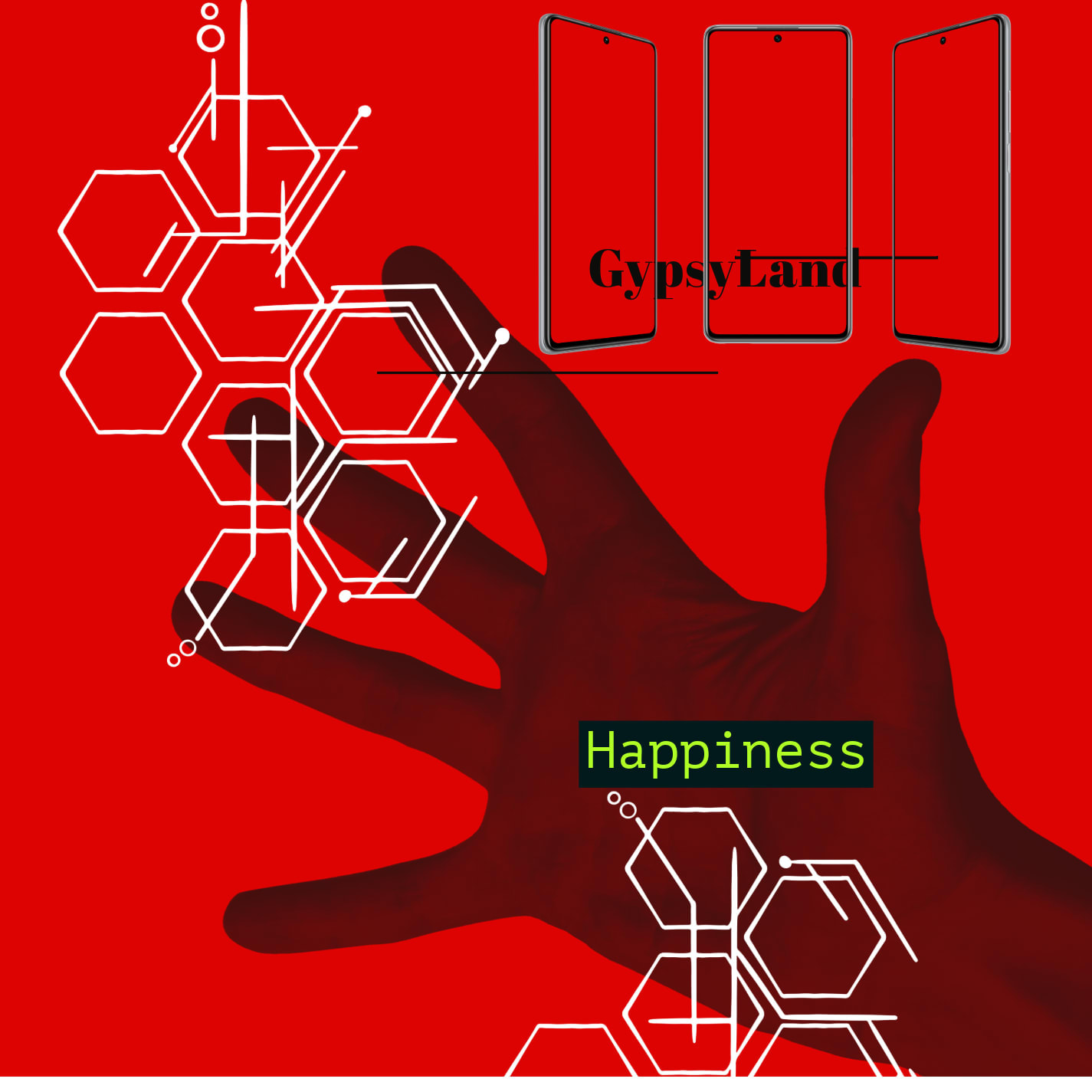
Astrology Across the Globe: A Cultural Mosaic

Astrology Across the Globe: A Cultural Mosaic
Astrology, the study of the movements and relative positions of celestial bodies interpreted as having an influence on human affairs and the natural world, has been a significant aspect of various cultures around the world. Each culture brings its unique perspective to astrology, creating a rich tapestry of beliefs and practices that reflect the diversity of human thought and spirituality. In this exploration, we delve into the astrological traditions of different cultures and how they interpret the stars' influence on our lives.
Western Astrology: The Zodiac Signs
Originating in Babylon and later developed by the Greeks, Western astrology is perhaps the most widely recognized system. It is heavily influenced by the Zodiac, which divides the sky into twelve signs based on the sun's path over the course of a year. Each sign, from Aries to Pisces, is associated with specific personality traits and is said to be ruled by particular planets. Horoscopes, which predict a person's future based on the positions of celestial bodies, are a popular aspect of Western astrology.
Vedic Astrology: The Science of Light
In India, Vedic or Jyotish astrology has been practiced for thousands of years and is considered a sacred science. It uses the sidereal zodiac, which is aligned with 27 constellations, or Nakshatras, and emphasizes the karma and dharma of individuals. Vedic astrology is deeply interwoven with Hindu philosophy and often includes remedies and practices to align one’s life with the cosmic forces.
Chinese Astrology: The Animal Zodiac
Chinese astrology is another ancient form of astrology that has shaped the culture for centuries. Unlike Western astrology, it does not focus on the heavenly constellations but on the lunar calendar. It incorporates the concepts of Yin and Yang, the Five Elements (wood, fire, earth, metal, and water), and 12 animals that represent different years in a 12-year cycle. Each animal sign is believed to influence the personality and destiny of those born in its year.
### Mayan Astrology: The Calendar of Life
The Mayans were exceptional astronomers, and their calendar, the Tzolk'in, is a central aspect of their astrology. The Tzolk'in is composed of 20 day signs and 13 galactic numbers, creating a 260-day calendar year. Mayan astrology is deeply connected to the natural world and is used to determine the timing of events such as planting and harvesting crops.
Middle Eastern Astrology: The Influence of the Stars
In the Middle East, astrology has a long history, with its origins tracing back to the ancient Mesopotamian civilizations. The emphasis is on the fixed stars rather than just the planets, and this form of astrology is known for its intricate mathematical calculations. Astrologers in this region played a significant role in the development of astronomy and often served as advisors to the royalty.
Indigenous Astrologies: Nature’s Guidance
Many indigenous cultures around the world have their own forms of astrology, which are deeply connected to the land and natural cycles. For example, Native American tribes such as the Hopi and Lakota have systems that relate to the seasons and the Earth's cycles. Similarly, the Aboriginal Australians have a complex system of astrology that involves the stars, the Earth, and the "Dreamtime."
Conclusion: A Sky Full of Stories
Astrology, in its myriad forms, reflects the universal human quest to understand our place in the cosmos. It is a testament to our shared curiosity and the diverse ways in which different cultures seek to interpret the signs in the sky. Whether through the lens of Western zodiac signs, the Vedic Nakshatras, the Chinese animal zodiac, or any other system, astrology offers a way for individuals to seek guidance, contemplate their existence, and connect with a tradition that transcends geographical and temporal boundaries.
Astrology's cultural variations are as rich and diverse as humanity itself, with each practice offering unique insights into the human experience. As we gaze up at the stars, we are reminded that, despite our many differences, we all live under the same expansive sky, forever wondering about the greater forces at play in our lives.
Get In Touch
Pop me a message, and I'll get back to you as soon as we can.
Contact Me
Send us an email
[email protected]
